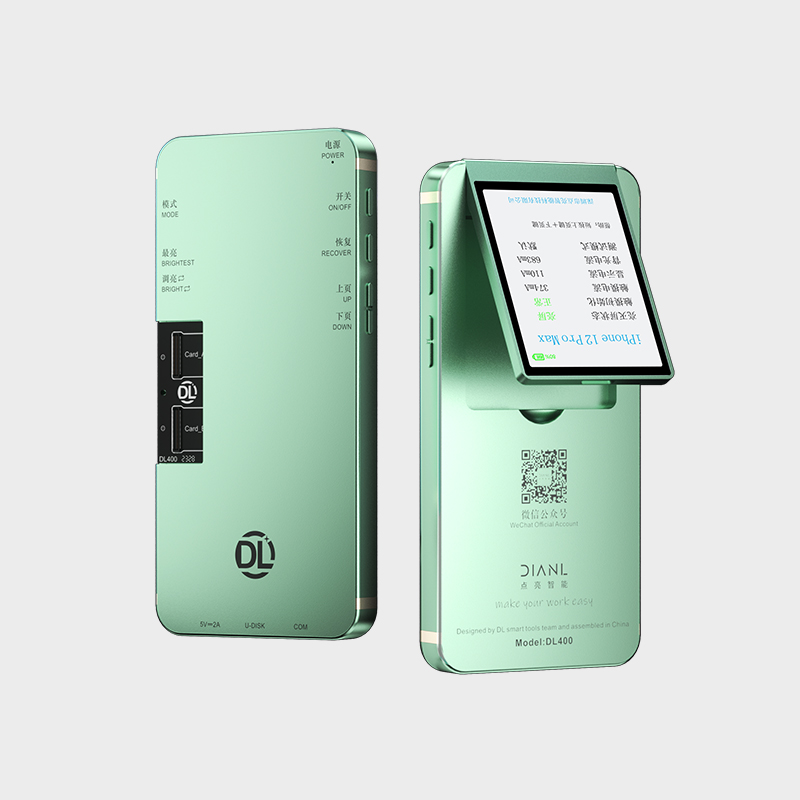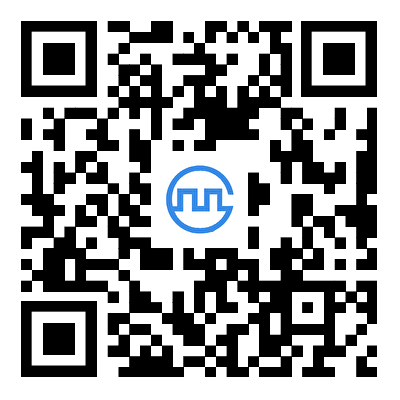Functions of a Smart Screen Tester
2024-07-15
A smart screen tester typically refers to a device or software application used to diagnose and test the functionality of smart screens, such as those found in smartphones, tablets, computers, and other electronic devices. Here’s an overview of what a smart screen tester may entail:
Functions of a Smart Screen Tester:
1. Display Testing:
- Pixel and Color Calibration: Checks for dead pixels, color accuracy, brightness, and contrast levels of the screen.
- Touch Sensitivity: Evaluates the responsiveness and accuracy of touch input across different areas of the screen.
2. Hardware Diagnostics:
- Backlight Check: Verifies the functionality of the screen's backlighting system.
- Digitizer Testing: Assesses the performance of the touch-sensitive digitizer layer.
3. Software Testing:
- Screen Interaction: Tests how the screen interacts with various software applications and operating system functions.
- Multi-touch Capability: Checks the screen's ability to recognize and respond to multiple touch points simultaneously.
4. Diagnostic Reports:
- Detailed Reports: Provides diagnostic reports and metrics regarding screen performance, identifying any issues or abnormalities.
Types of Smart Screen Testers:
1. Hardware Devices:
- Portable Testers: Handheld devices with built-in testing capabilities for on-the-go diagnostics of smart screens.
- Bench Testers: Stationary equipment used in repair shops or manufacturing facilities for comprehensive screen testing.
2. Software Applications:
- Mobile Apps: Available for smartphones and tablets, offering screen testing functionalities such as pixel checkers, touch sensitivity tests, and color calibration tools.
- PC Software: Programs designed for computers to diagnose and analyze smart screen performance when connected via USB or other interfaces.
Uses of Smart Screen Testers:
- Quality Assurance: Ensures that screens meet quality standards before devices are shipped to customers.
- Repair and Maintenance: Helps technicians identify screen issues during troubleshooting and repair processes.
- Development and Prototyping: Used in product development to evaluate screen performance and make necessary improvements.
Considerations When Using Smart Screen Testers:
- Compatibility: Ensure that the tester is compatible with the specific type of smart screen and operating system.
- Accuracy: Evaluate the accuracy and reliability of test results to effectively diagnose screen issues.
- User Interface: Choose a tester with an intuitive interface that simplifies the testing process and interpretation of results.
- Security: Maintain data security and privacy when using testers that may interact with sensitive information stored on devices.
Smart screen testers are valuable tools for manufacturers, repair technicians, and developers to assess and maintain the quality and functionality of smart screens in electronic devices. They facilitate efficient diagnostics, ensuring optimal screen performance and user experience.



